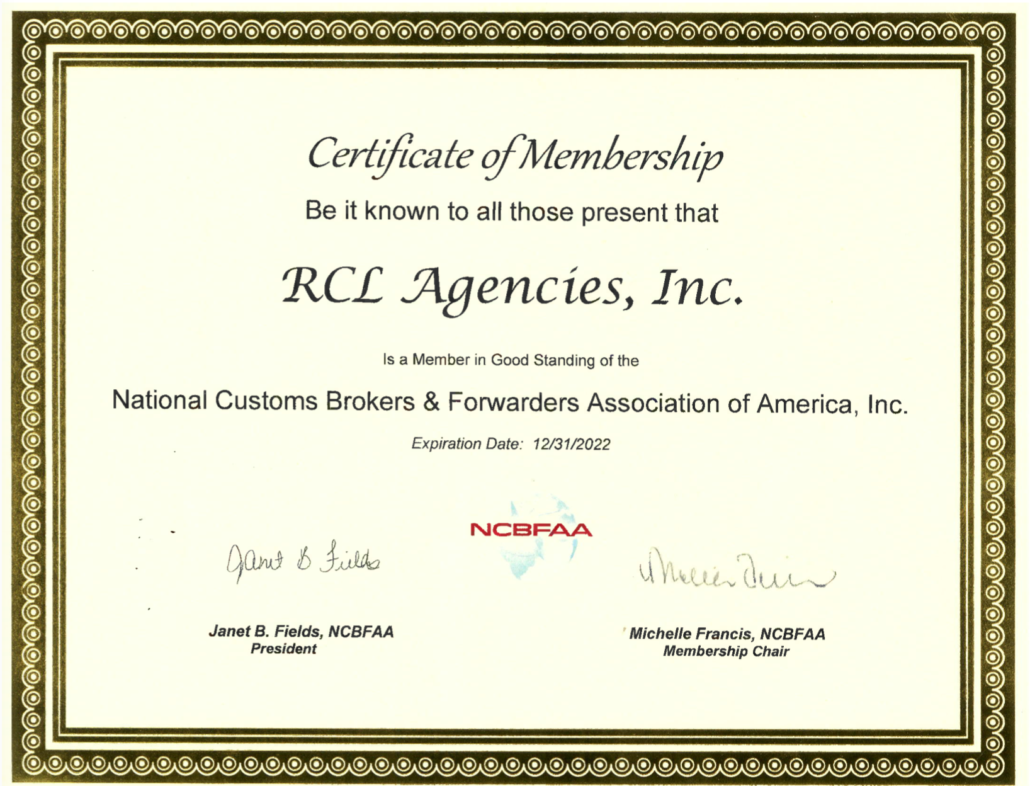According to the U. S. Code of Federal Regulations in Title 19, legal requirements for vehicle export include:
- The shipper should have the car’s title, proof of insurance and registration readily available.
- If you don’t own the car, you are required to have a notarized letter from the lien holder of the car authorizing you to ship the car overseas
- If the vehicle is a new car that has never been titled, it can be exported by submitting a document known as a manufacturer’s statement of origin in lieu of the title. The manufacturer’s statement of origin may be obtained from the auto dealer. The original and two copies must be presented to Customs
- The car shouldn’t contain any personal belongings due to liability reasons. Exceptions are the spare tire, jack, floor mats, factory equipped kit and child car seats.
- The gas tank should be no more than 25% full.
- The battery should be fully charged and the tires properly inflated.
- In the event the car has mechanical problems, it should be documented along with special instructions if needed and given to the driver.
- Carefully check the car for any damages before shipping. Any damages should be documented.
- Both the vehicle and documentation must be presented to Customs at the port of exportation. The vehicle cannot export from the U.S. until Customs has reviewed the documents and issued a release.


